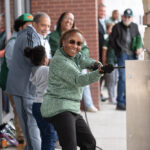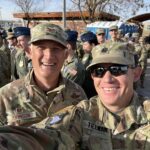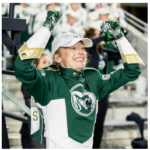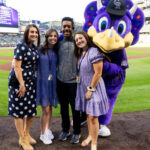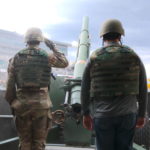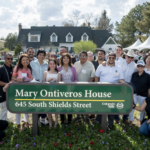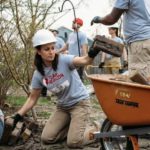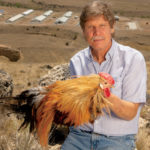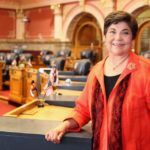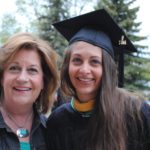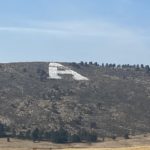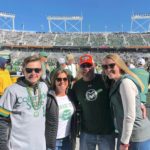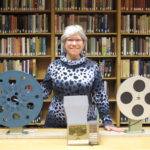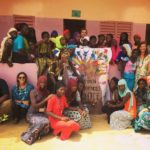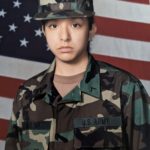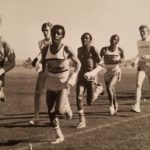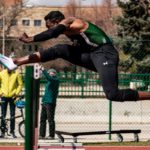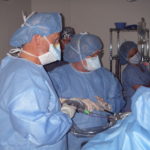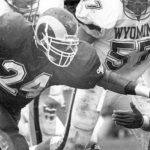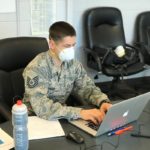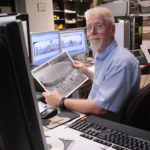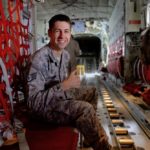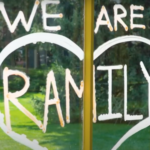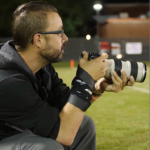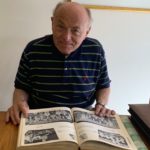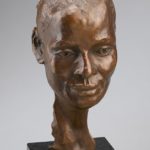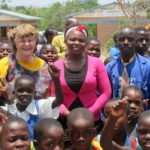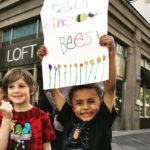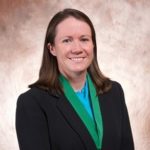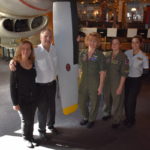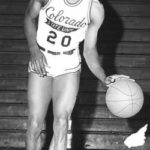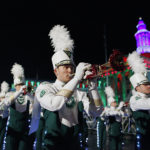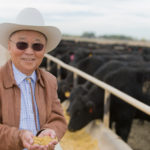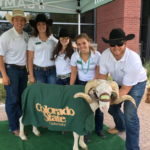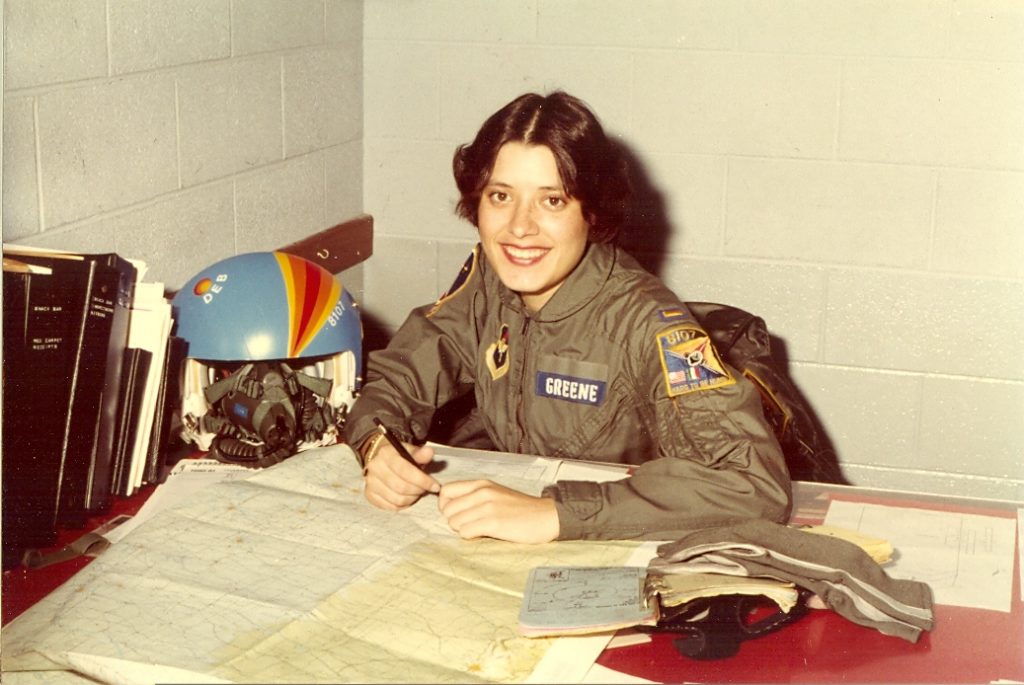
Debra Terry (B.S., ’80) was looking for an outlet from her pre-med studies. What little downtime she had between studying at the Morgan Library and competing with her classmates for the best grades, was spent catching the occasional Star Trek TV show at the Student Center, dancing on a Square and Round Dance team, and playing her guitar and singing. But she was still looking for more. Then she found the Air Force Reserve Officers Training Corps (AFROTC).
Taking AFROTC as an elective was a natural fit since she adored aviation history, and it would still allow her to fulfill her parents’ dream of graduating and going on to be a doctor.
“They kept me fit and healthy and inspired in me a sense of comradery,” she said. “ROTC was filled with different people pursuing different degrees, so it was our outlet to get away from our primary studies and enjoy time together.”
After a summer field training session at McClellan Air Force Base in California, where she graduated number two in her flight, Terry returned to CSU in the fall, still undecided on committing to the Air Force. Having forged relationships with both enlisted and officer staff members at the CSU branch of Detachment 90, Terry had a chance to speak with those she trusted to help her with a decision that would change her life.
“They really helped me realize it was a good choice for me to make, so I ‘signed on the dotted line’ to join the Air Force. Then I had to tell my parents because they didn’t know,” she said with a smile.
One of the most influential people at Det. 90 was the Commander, Professor of Aerospace Studies Colonel Sheldon Godkin.
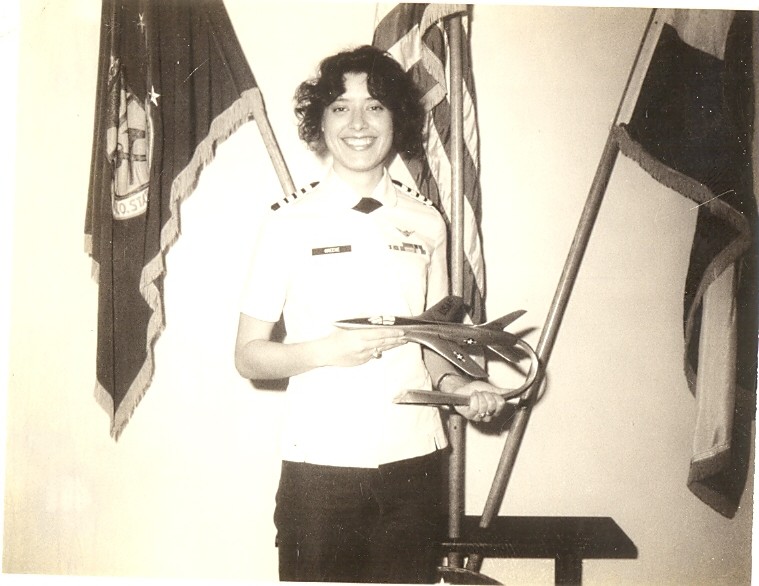
“He was so invested in all of his cadets at Det. 90, and he always had time for anybody to help them through any situation,” she said fondly.
At this point in time, the Air Force was considering something novel and, to some, controversial – selecting women from AFROTC programs and training them to become pilots. Two women from each state would be selected to attend Undergraduate Pilot Training (UPT). A distinguished pilot himself, Col. Godkin could think of only one person ready for the opportunity, and did everything he could to make sure Terry had a chance to compete for one of the two pilot slots.
“There weren’t that many women in the military at this point because there wasn’t much for us to do since we weren’t allowed to do anything combat related.” Terry said. “It was an amazing opportunity, but I had no idea what was coming.” She became the 1st woman selected from CSU to attend UPT.
Terry was assigned to UPT at Vance Air Force Base in Oklahoma to train and, unsurprisingly, she was the only woman in her flight. Despite that, Terry attests that she wasn’t treated any different than anyone else.
“We all wore the same uniforms, flight suits, and boots, and I didn’t feel any different. I never felt I was in the wrong place,” she said. “Because of my experience with Col. Godkin, I’d learned the importance of trusting your commanders and others around you.”
The only thing that did single her out as a woman, she added, was that she had very long hair that needed to be cut so it could fit under her helmet. And there were no female latrines on the flightline, just a re-purposed men’s room.
“That was kind of an interesting experience,” she said with a laugh.
With the exception of no female latrines and helmet hair, Terry said the one-year training period was intense and all about absorbing as much information as possible, regurgitating it, and then putting it into practice in the air. There were times she thought she would “wash out,” but on July 17, 1981, Terry stood tall as she earned her pilot wings in Class 81-07.
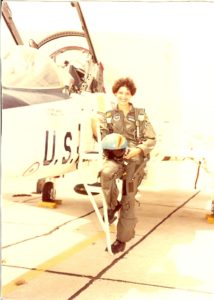
“Up to that point in my life, that was the most gratifying thing I’d ever done,” she said. “It’s a moment I will always treasure.”
From there, Terry was assigned to pilot KC-135A Aerial Refueling Tankers. After Initial Qualification Training at Castle Air Force Base in California, she was assigned to Altus Air Force Base in Oklahoma. Refueling tankers are essentially aerial gas stations that allow for aircraft to receive fuel in-flight. It may not get as much notoriety as fighter jets or big bombers, but they are an absolutely essential part of the United States’ air defense system, accomplishing the Air Force’s primary mission of global reach.
“You couldn’t get to your mission or to a war without us,” Terry said emphatically.
Flying tankers would literally bring Terry around the world from Europe to Australia and back again. Flying beneath the Northern Lights over Alaska, refueling the USAF Thunderbirds, an unplanned stopover at the miniscule Wake Island in the middle of the pacific, being one of the first crews to fly the re-engined tanker and the first female KC-135A/R Instructor/Evaluator Pilot at Altus are all memories Terry remembers fondly. But perhaps her proudest moment was when she got to pin the wings on her younger brother, David Greene (B.A. ’84), upon his graduation from UPT in 1986.
“We were the only sister/brother Air Force pilot pair back then, and I was so happy to have the opportunity to be there for him,” she reminisced.
Sadly, Capt. David Greene would die tragically during a training mission in 1988 at the age of 26. Years later, looking to honor the memory of her brother who would never get to walk his daughter down the aisle or play with his grandchildren, Terry established the Capt. David B. Greene Memorial Scholarship that provides assistance to qualified AFROTC military cadets, as well as a veteran scholarship for qualified veterans.
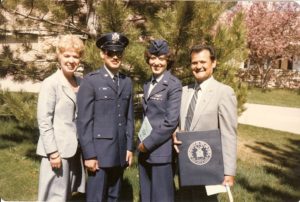
“The Air Force gave my brother and I a sense of Duty, Honor, and Country, and I wanted to help provide an opportunity for another cadet who could go on and save the world,” Terry said.
Terry reflected on the time she had to sell her beloved guitar because she was $200 short on her tuition for her spring semester senior year – she had to graduate on time or jeopardize her pilot slot. She also recalled the enormous change she experienced transitioning from the service to civilian life. Leaving the military, she missed the flying mission and her pride of serving. Most of all, she missed her fellow airmen she served with, and still maintains contact with many of her Air Force compatriots, though she can only imagine the challenges today’s servicemembers face when entering civilian life.
“I’m very humbled by the people who made sure I was able to do what I needed to do and who kept me focused,” she said. “Hopefully this scholarship is a way for me to help others in a similar way.”




